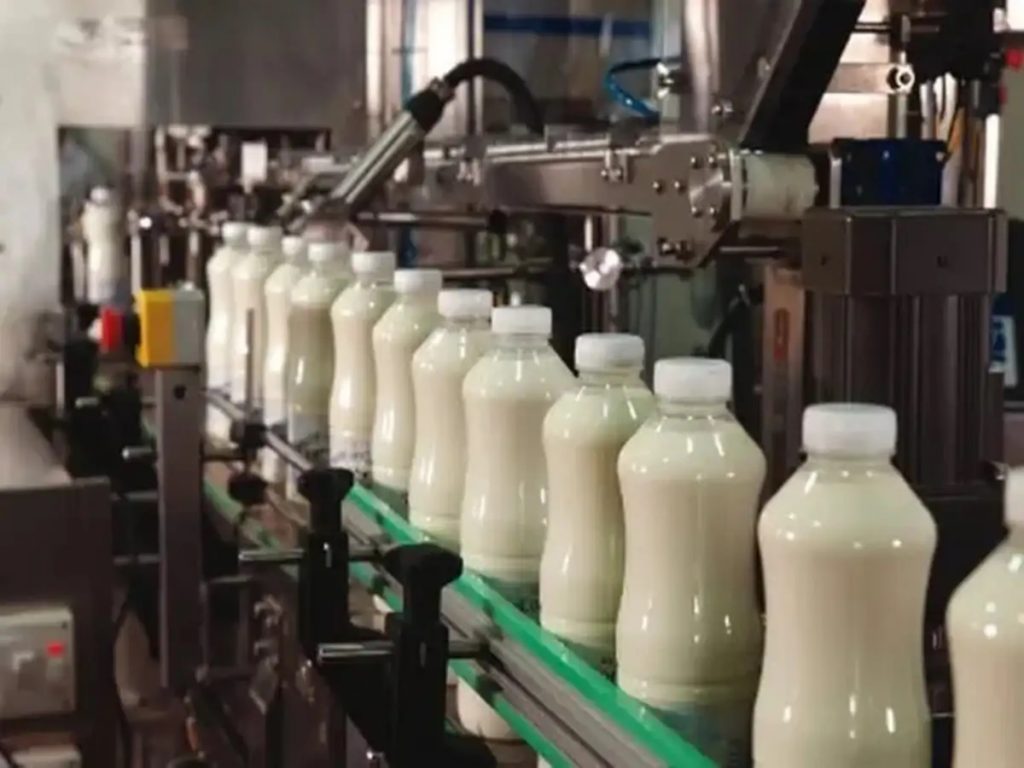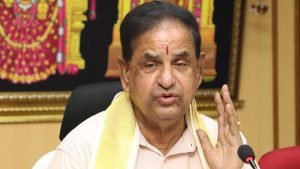
NGOs and Trade Unions Caution Against Concessions, Citing Disruptive Impacts on Local Farmers and Key Sectors.
Over 50 farmers’ associations, trade unions, and other organizations in India have issued a stern warning against making concessions to the United States in a potential trade pact. In an open letter, a non-government organization, the Forum for Trade Justice, cautioned that giving the U.S. an advantage in the agri and dairy sectors would have significant and long-term disruptive impacts on local farmers. They argue that accepting these demands could lead to a foreign country overriding India’s domestic policies and laws, a move that compromises national sovereignty.
The concerns stem from the current trade tensions, where the U.S. has reportedly slapped a 50% tariff on Indian exports on both economic and political grounds. In return for a reduction of these tariffs, the U.S. is seeking duty-free access to the Indian market. The NGOs fear that such concessions would be highly detrimental, causing large-scale market disruption for millions of Indian farmers who depend on these sectors for their livelihoods.
Beyond the immediate agricultural impacts, the groups also raised alarm about other systemic issues that may “fly under the radar.” They warned that a trade deal could force India to make changes to its intellectual property (IP) laws, which could facilitate “evergreening” of patents on pharmaceutical products. This would, in turn, destroy India’s crucial generic medicine industry and lead to a sharp increase in healthcare costs for the poor and sick.
The coalition of concerned organizations is urging the Indian government to immediately engage with key stakeholders, including parliamentary committees, state governments, farmers’ unions, and civil society groups. This collaborative approach, they argue, is necessary to ensure that the ongoing free trade agreement negotiations do not compromise India’s long-term economic interests and strategic autonomy in areas such as industrial policy, investment priorities, and digital-sector policies.
For the international agribusiness community, this data point illustrates the complex and often contentious nature of trade negotiations between large economies. It highlights how domestic concerns over farmer livelihoods and national food security, particularly in a country with a vast rural population, can serve as a significant barrier to trade agreements. The pushback from these NGOs and trade unions shows that the debate over dairy economics and agricultural policy is about much more than just tariffs; it’s about sovereignty and social welfare.
Source: The Economic Times, “Agri, dairy concessions to US disruptive; IP, digital issues may fly under radar: NGOs, trade unions, others”
You can now read the most important #news on #eDairyNews #Whatsapp channels!!!
🇮🇳 eDairy News ÍNDIA: https://whatsapp.com/channel/0029VaPidCcGpLHImBQk6x1F

















